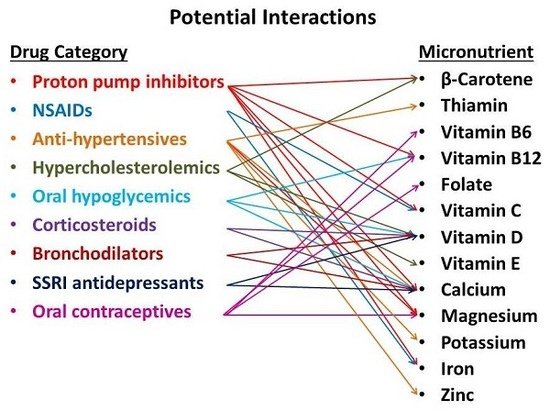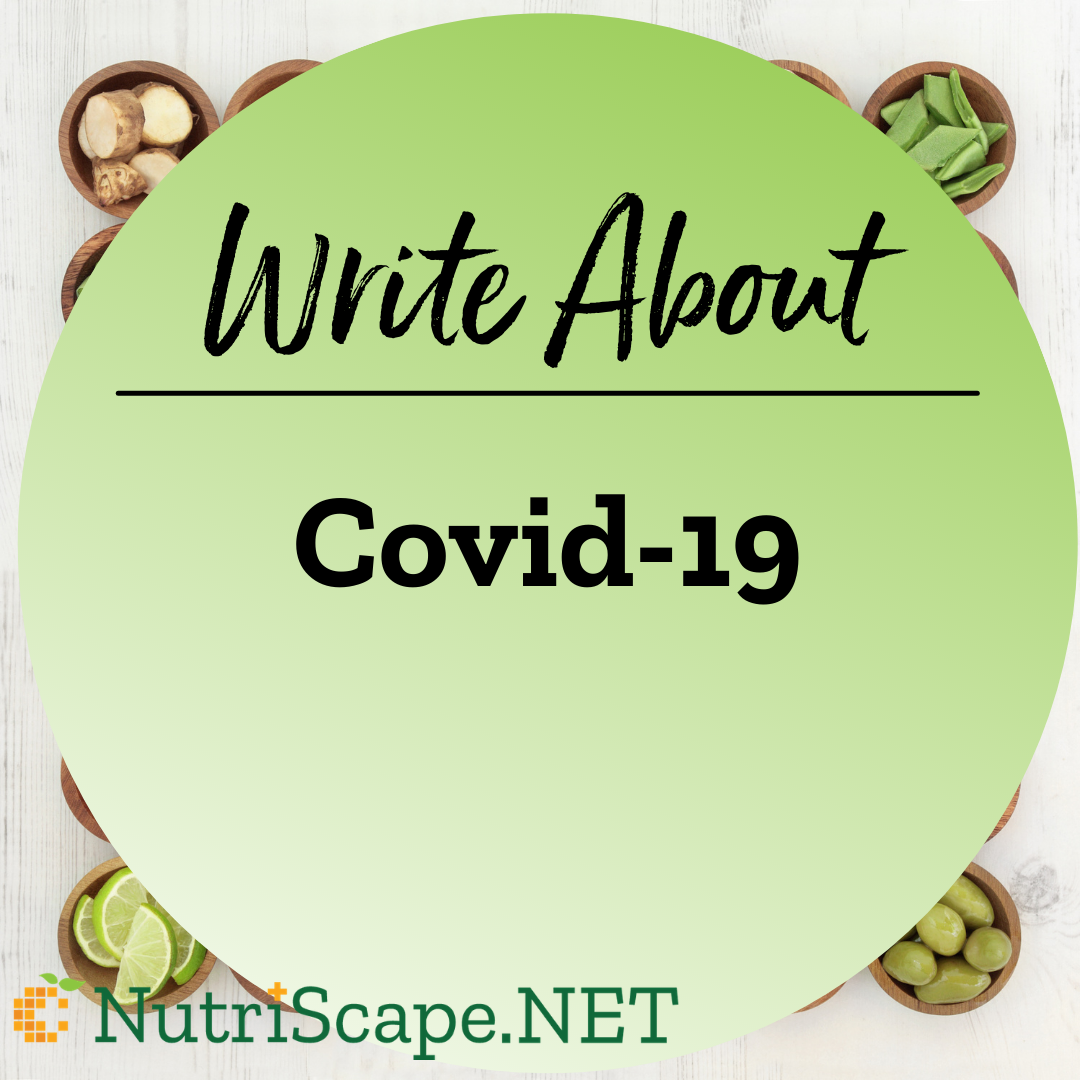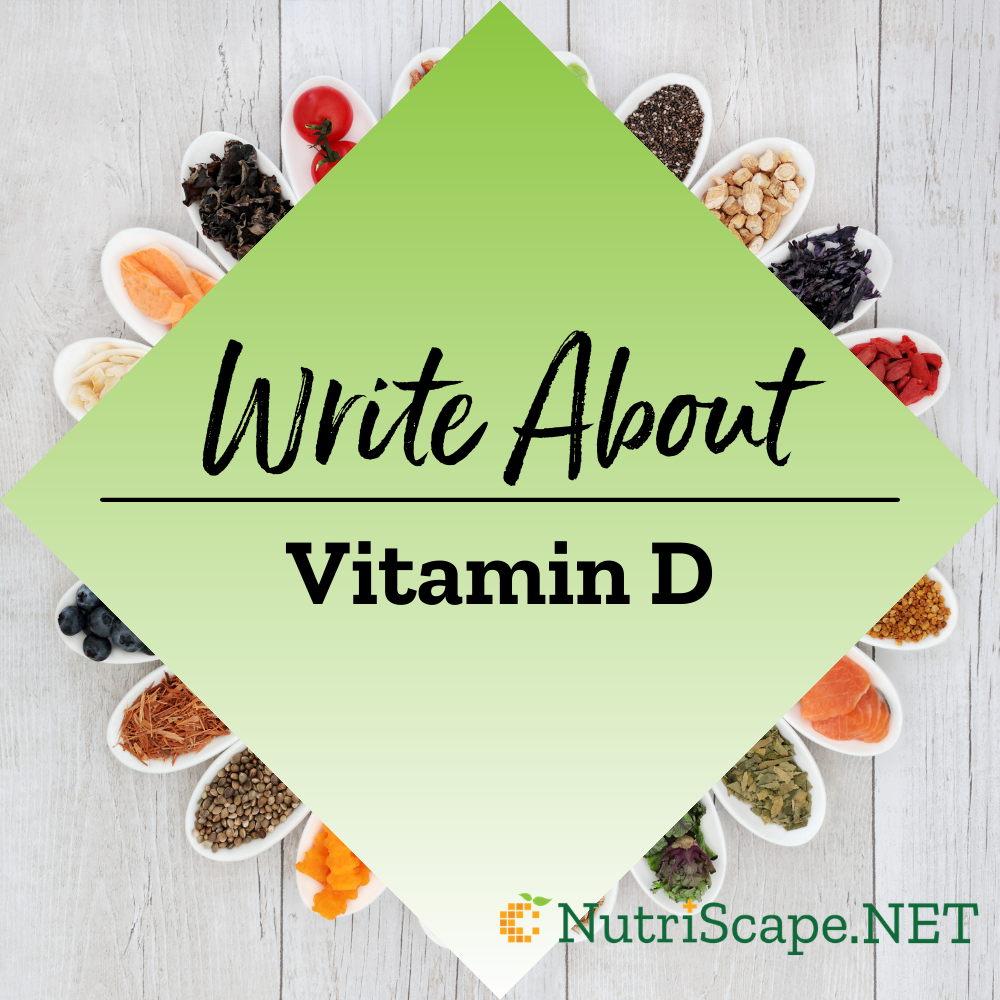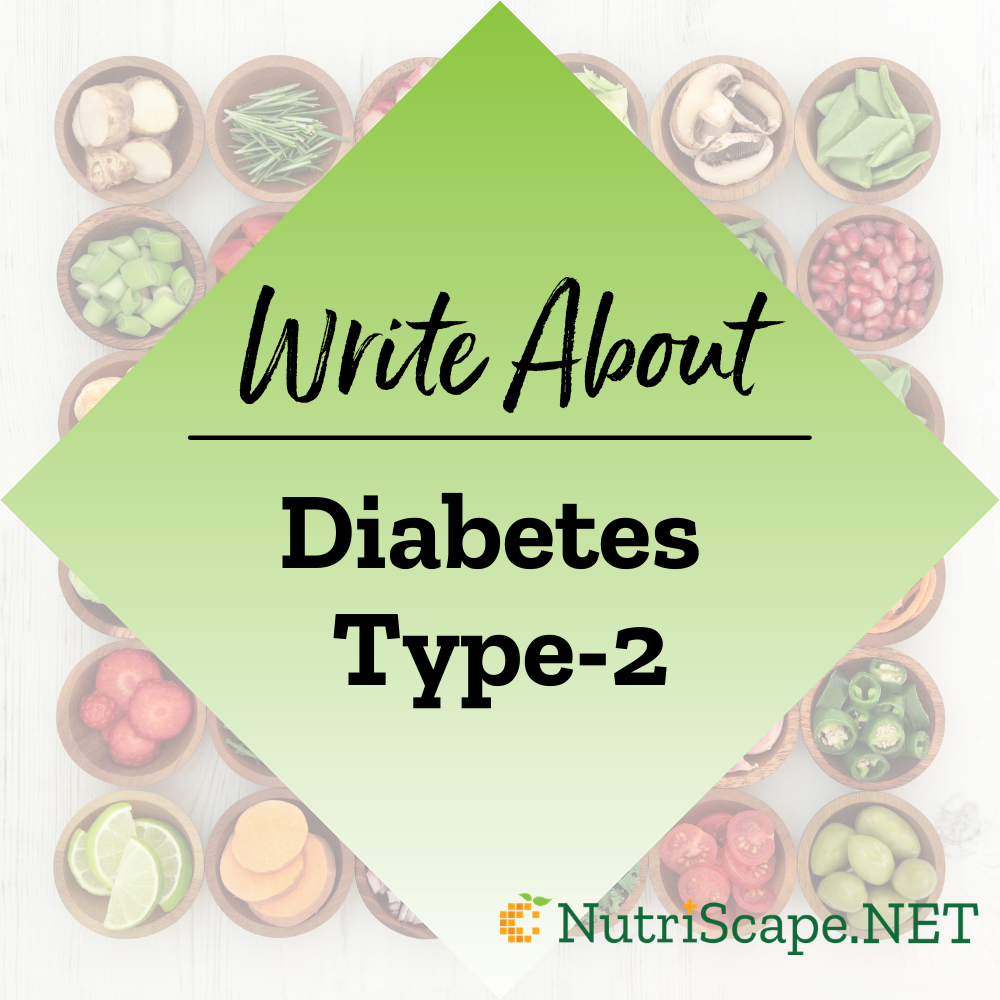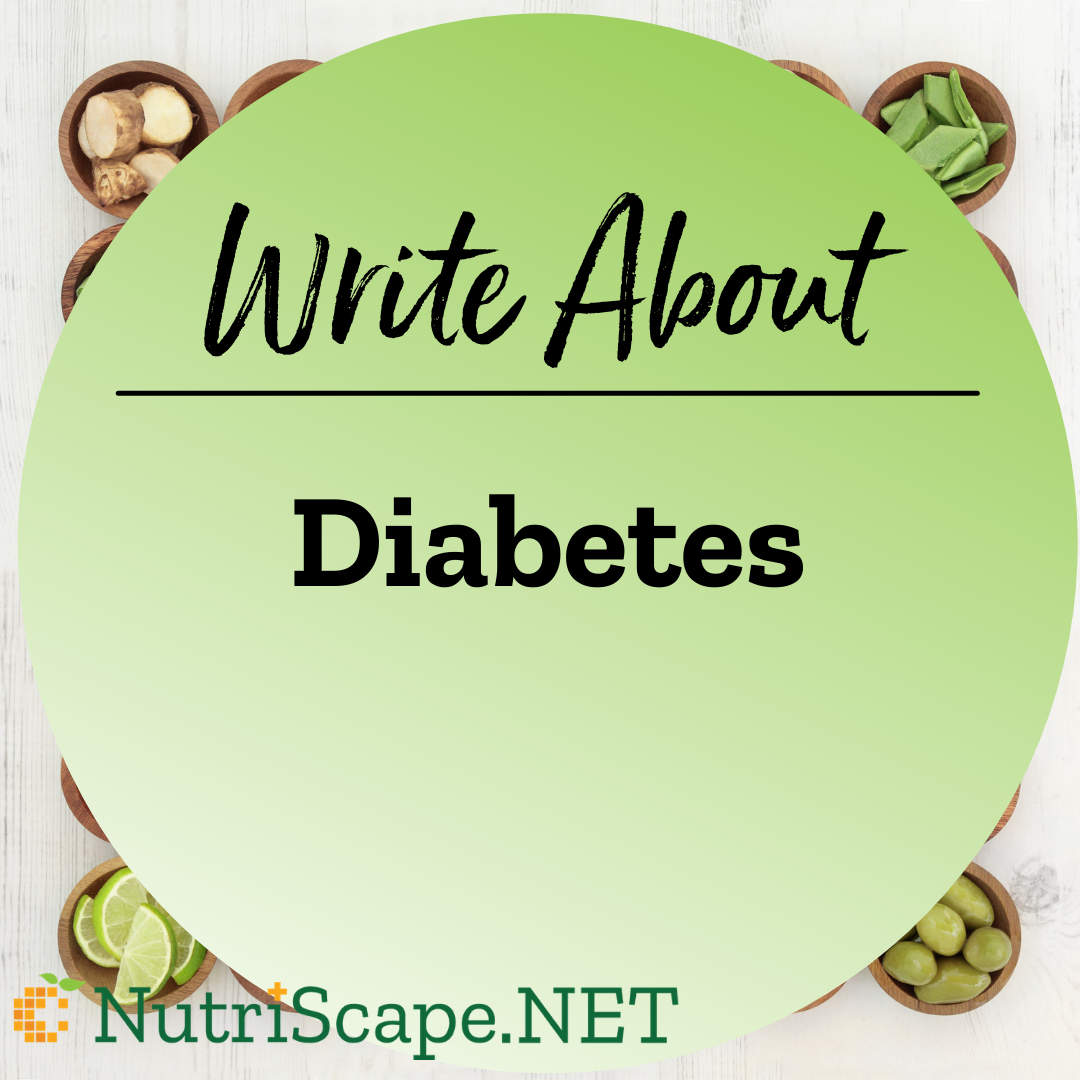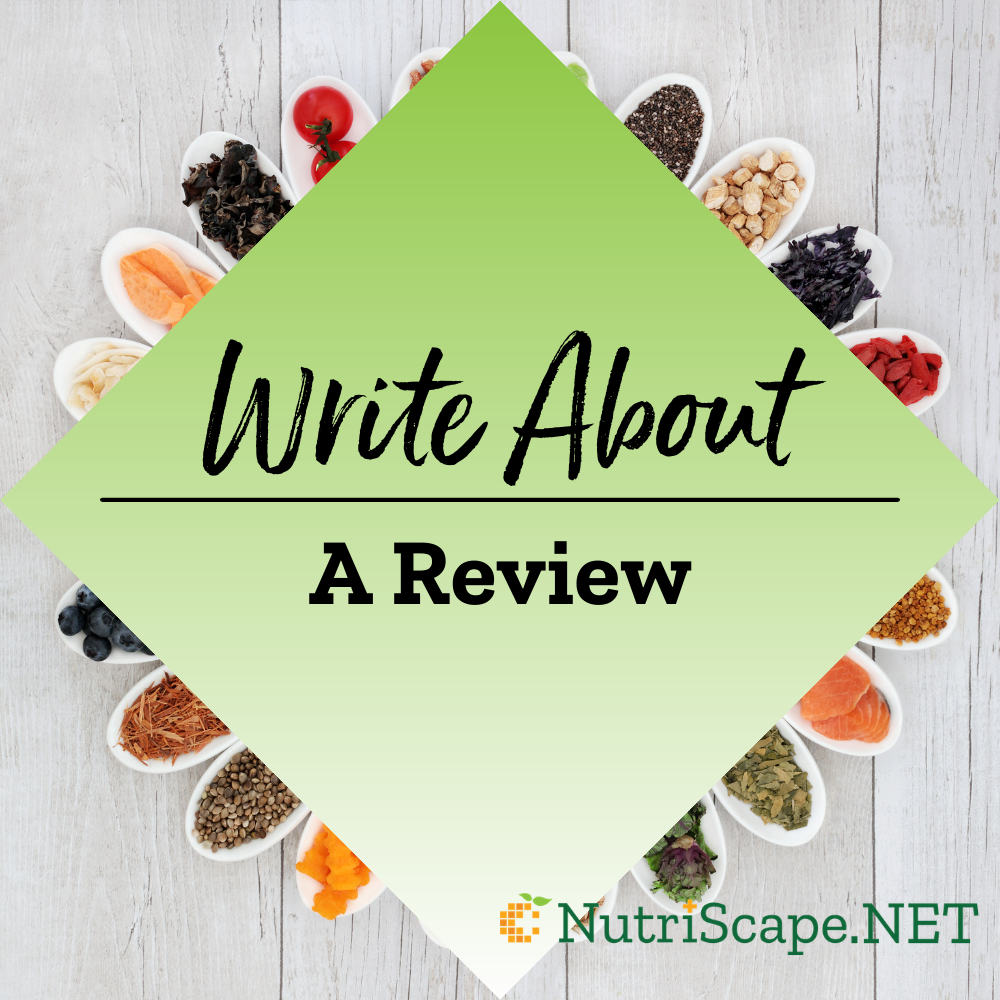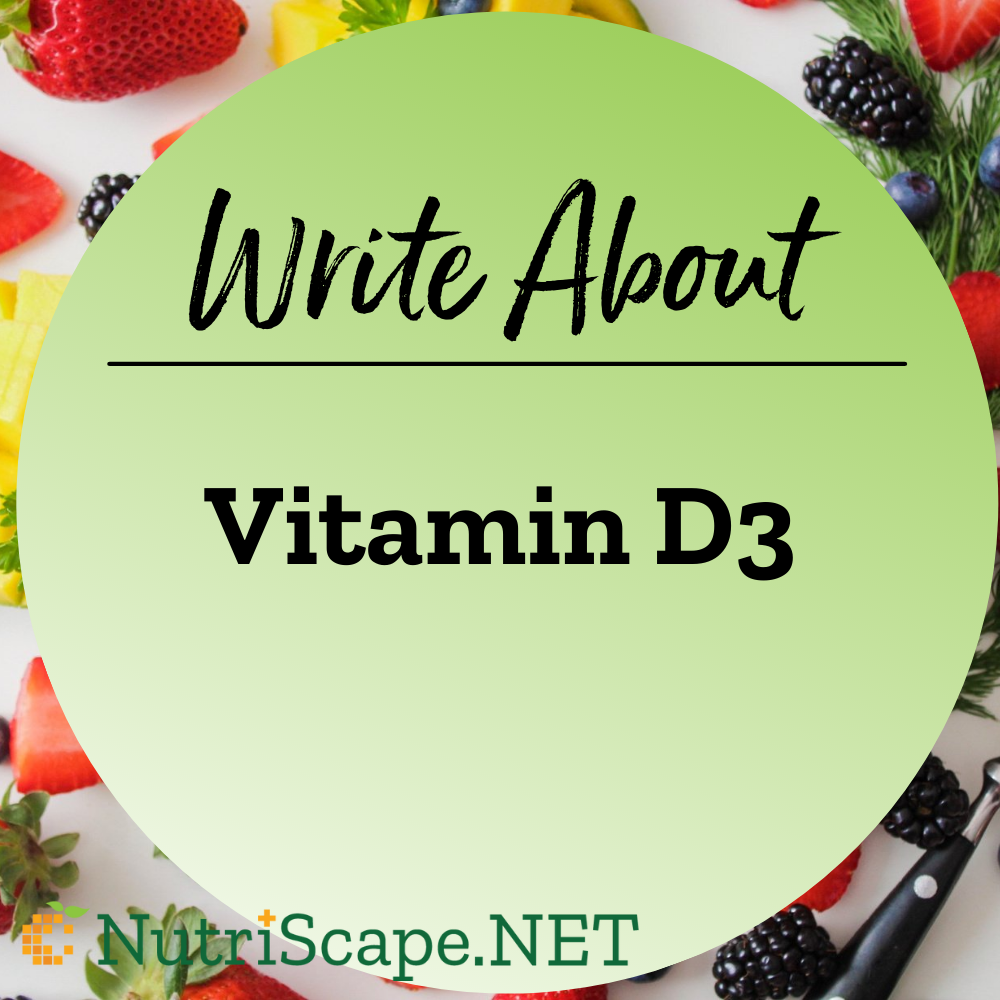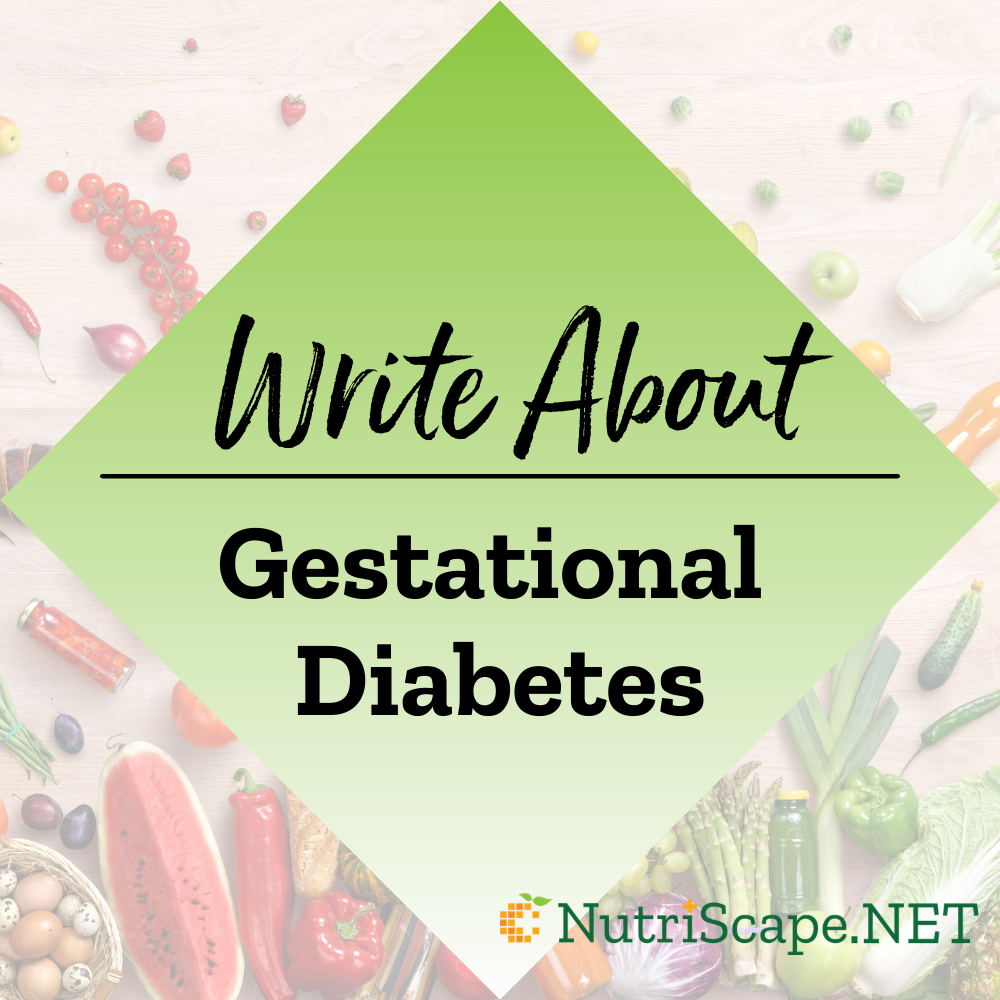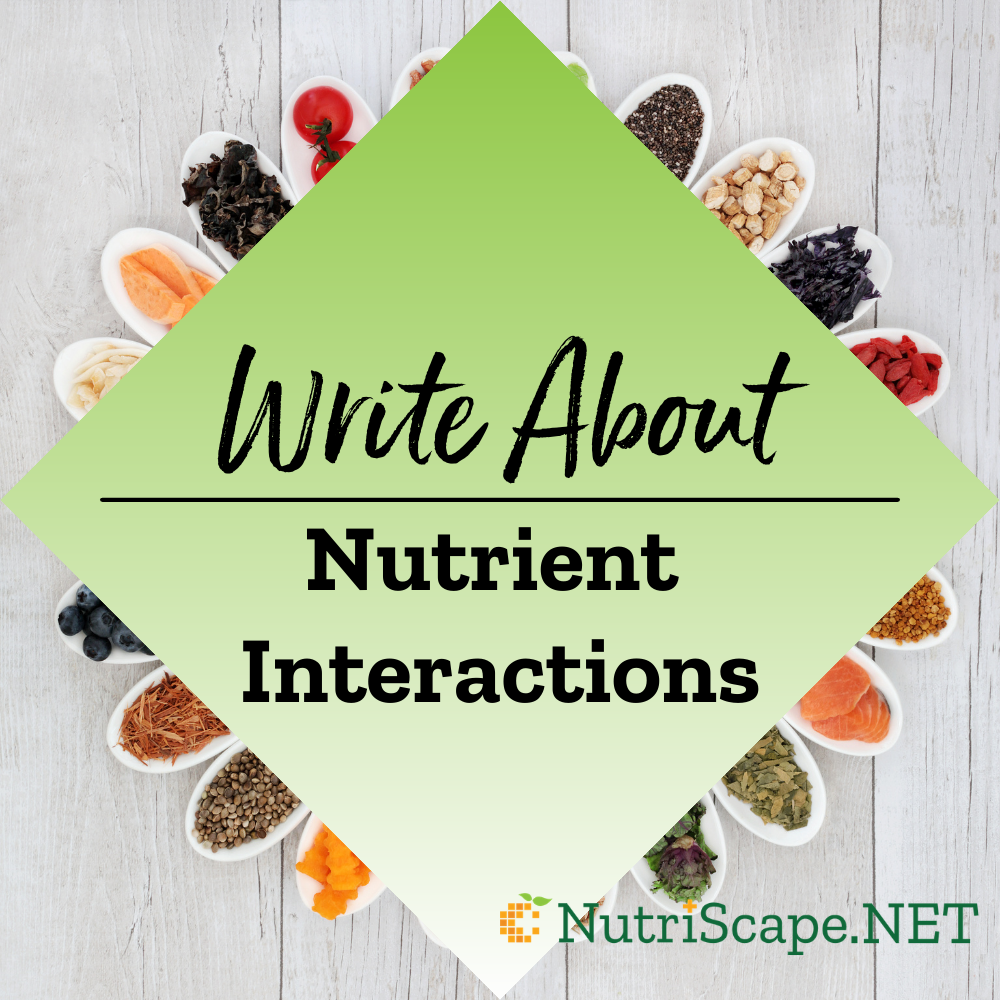
We came across this topic some time back and thought it would be good inspiration for a NutriScape.NET article written from the dietitian’s point of view. Here are some quick snippets you can follow.
The long-term use of prescription and over-the-counter drugs can induce subclinical and clinically relevant micronutrient deficiencies, which may develop gradually over months or even years. Given the large number of medications currently available, the number of research studies examining potential drug–nutrient interactions is quite limited. A comprehensive, updated review of the potential drug–nutrient interactions with chronic use of the most often prescribed medications for commonly diagnosed conditions among the general U.S. adult population is presented. For the majority of the interactions described in this paper, more high-quality intervention trials are needed to better understand their clinical importance and potential consequences. A number of these studies have identified potential risk factors that may make certain populations more susceptible, but guidelines on how to best manage and/or prevent drug-induced nutrient inadequacies are lacking. Although widespread supplementation is not currently recommended, it is important to ensure at-risk patients reach their recommended intakes for vitamins and minerals. In conjunction with an overall healthy diet, appropriate dietary supplementation may be a practical and efficacious way to maintain or improve micronutrient status in patients at risk of deficiencies, such as those taking medications known to compromise nutritional status. The summary evidence presented in this review will help inform future research efforts and, ultimately, guide recommendations for patient care.
Planning And Writing Your Article- With 1 Free CEU!
Although all dietitians are well-versed in academic writing, it can be a challenge to organize our vast knowledge in a way that hits the right chord for readers on the web. Before you sit down to write your epic article, save yourself some time by investing an hour in learning the basics of a solid writing process that can help you create your very best work.
We’ve scoured the internet for the best practices on writing and distilled the information to meet the needs of NutriScape writers. In our 1-hour CEU presentation, “Copywriting Skills for the Internet”, we discuss a structured process for each phase of writing and cover critical SEO principles that are key to getting articles found on Google.
This writer’s guide is a resource that will be sure to help as you organize your thoughts:

 Scan Me!
Scan Me!
